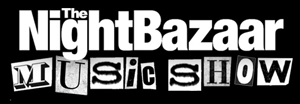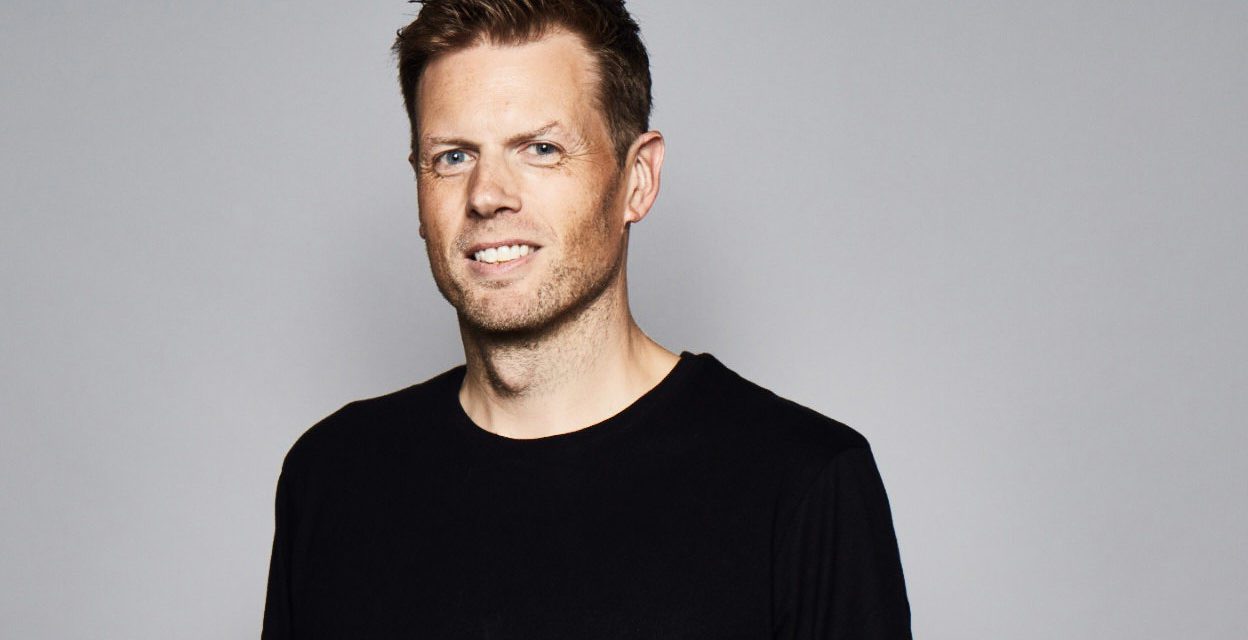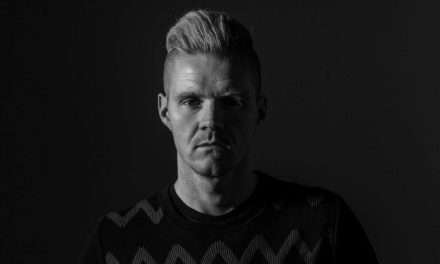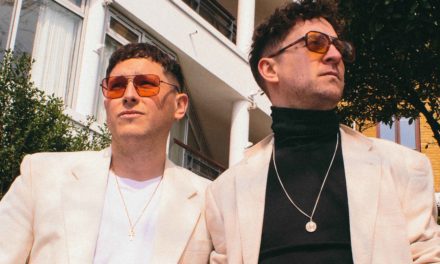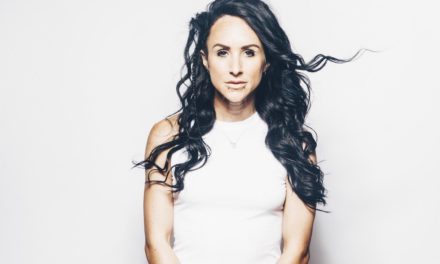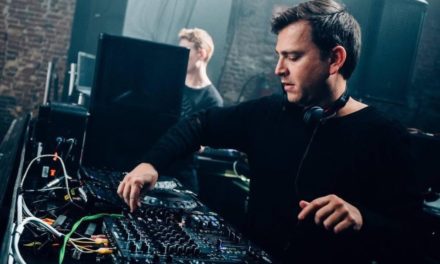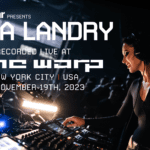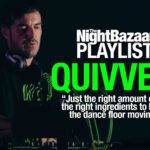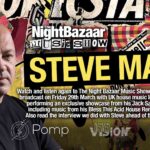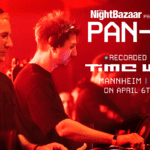SCOTTISH DJ, producer and label owner, Kevin has been making records since the early 90s and releasing music on his own label since 1997.
Since then his imprint Glasgow Underground has become one of the most respected and consistent British labels in house music releasing productions from the likes of Romanthony, Dixon, Laura Jones, Oliver $, Ejeca and many more established and up and coming artists.
We caught up with Kevin to discuss the idea behind his new concept album. ‘No Samples Were Harmed In The Making Of This Record’. The album features sample-free covers of older tracks that have been re-worked to slot nicely into a DJ set. It’s secheduled for release in September.
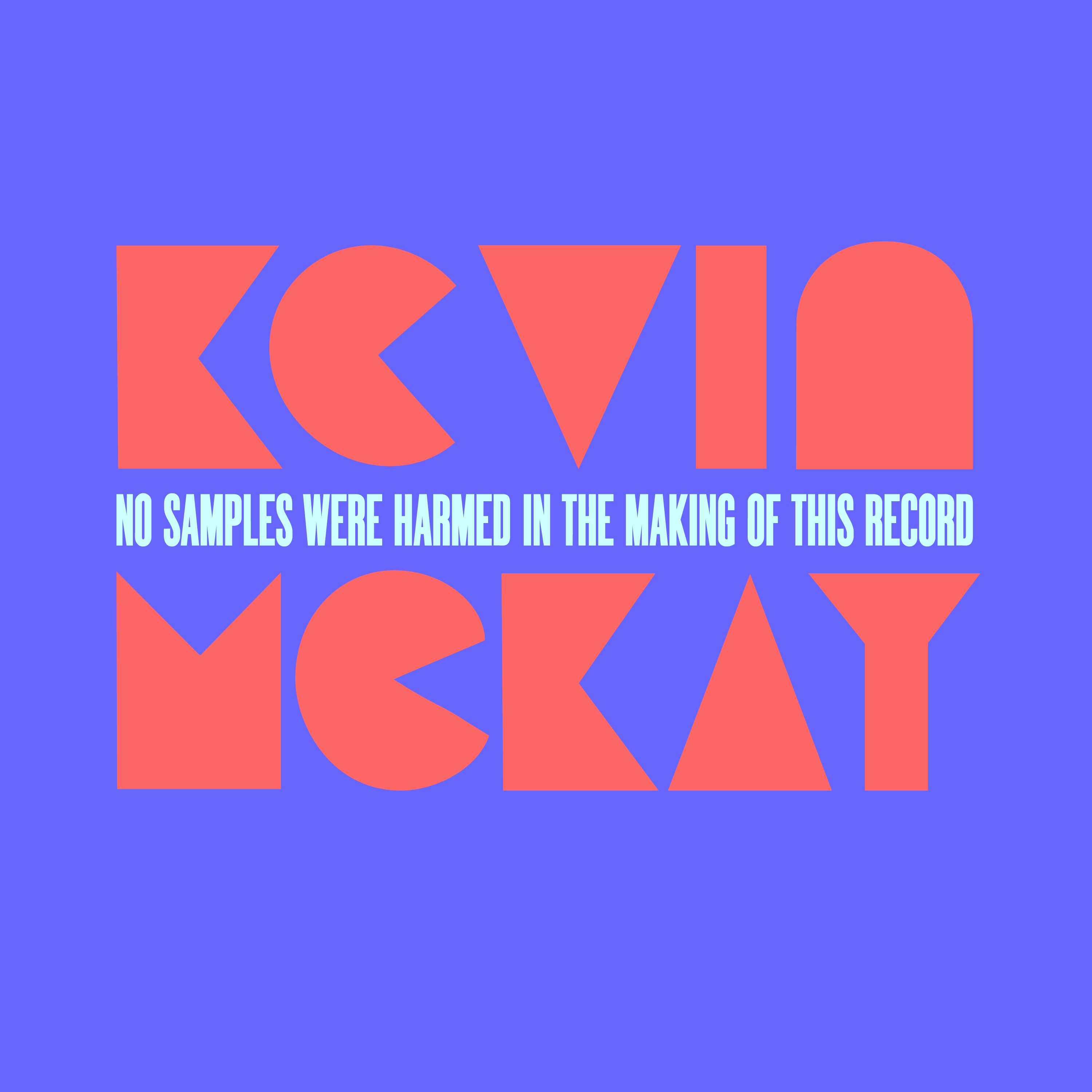

So, you’ve just announced a new album! It’s an interesting concept of covering records – can you tell us how the idea came about and what the inspiration is for it?
I got into making dance music as a DJ; I was always looking for new and different things to play out and I found making my own music to be the ultimate way of doing that. I’m not a great musician though and when I’m not working with one a lot of my ideas start off with samples. In the past I was able to test out these ideas by pressing up a limited vinyl run or doing a small digital release. If records caught people’s imagination you could look to sort out all the legal side of things. I know that’s not the “correct” way of doing things but that is how a lot of tracks have developed.
With the audio recognition software that is present in online platforms like Youtube it is becoming harder to make anything with samples available without the record being flagged and taken down. Of course, there is the option of going through the process of clearing the samples but that can take 6-12 months. That delay can mean that by the time you are ready & legal to record the track properly you can be a) bored of the whole things or b) things have moved on and the idea is less relevant or both!
One thing that is totally legal to do is to make a cover version of a song. The first track on the album I made was a cover of Aretha Franklin’s “Save Me”. The original recording of this has a really cool feature that you find in some 60s recordings, her vocal (and on this occasion bass) are recorded on one side of the stereo signal and all other instruments (drums, etc) are on the right. When you listen out of a mono speaker, they are mixed together but you can isolate the vocal quite easily. I took this vocal and made a rough demo of a house track and then worked on it further with my friend CASSIMM. When we knew we had something, I asked a friend of mine who has worked on a lot of sample recreation that I have had to do over the years if he had a singer that could do the Aretha top-line justice and he did. We took that and finished off the track. That process was so much more immediate and fun. I was playing the test versions out at a night I do at Mick’s Garage in London and Alessio – CASSIMM – was doing the same at Aquarium. We could very quickly hone the version into the perfect record for us as DJs and then make it available. That gave me the idea of doing it with other, more popular songs.
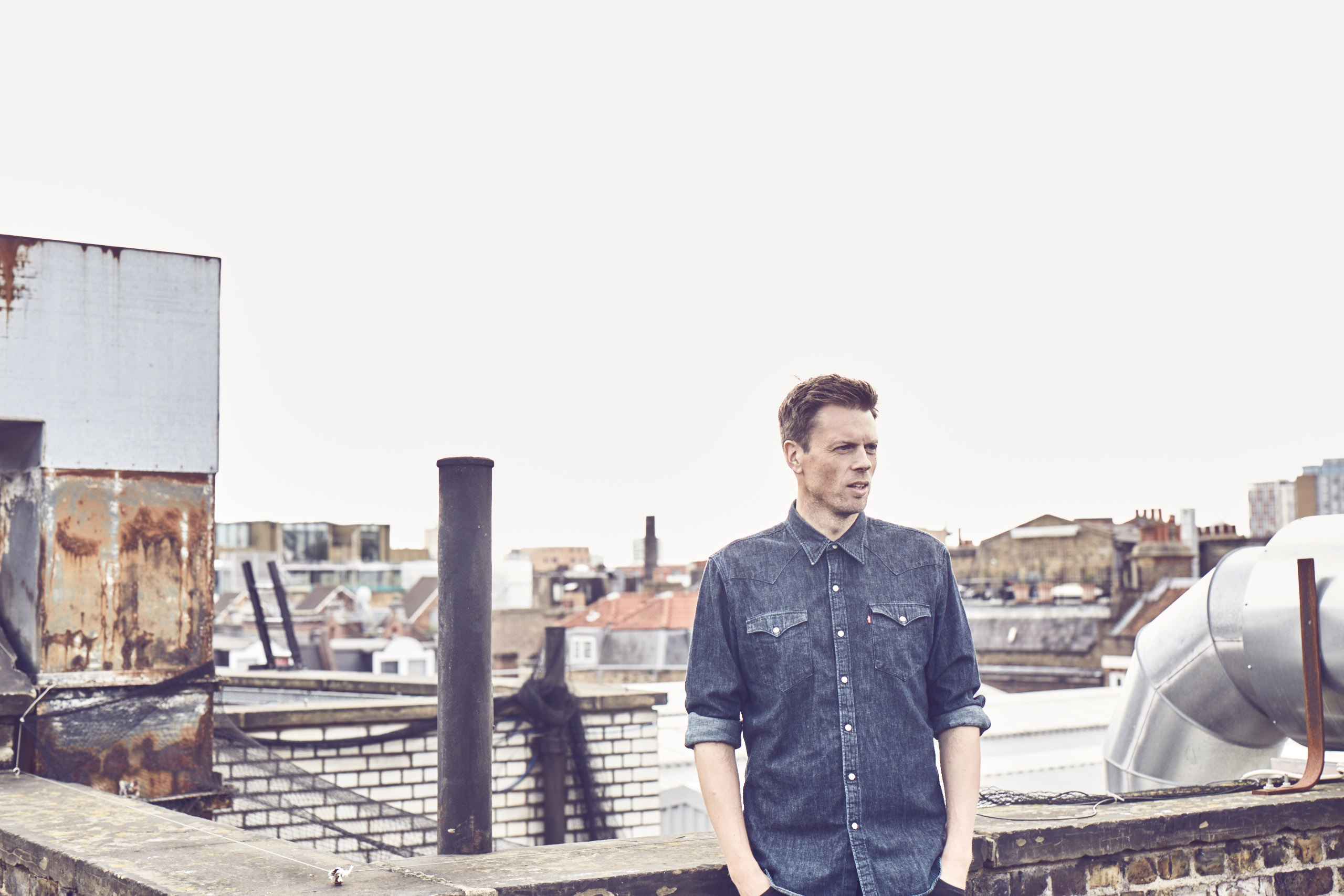

Do you feel in the grander scheme of things technology has been a good thing for music and production, or would you prefer going back to no Internet and promoting music through DJ sets and parties?
Oh goodness no, please don’t make me go back to the 90s!! Obviously, there are pros and cons for what the Internet and technology have done for dance music but, in general, I think anyone who thinks these changes have not been positive is looking at the past through rose-tinted glasses. For me, the pros far outweigh the cons. Advances in technology have democratised dance music and I think that can only be a good thing.
Anyone with a computer can make dance music now whereas you needed a decent budget to get a studio together in the past and even people like me with basic studios were not able to compete with the likes of David Morales or Deep Dish who were working out of £10k-a-day super studios!
YouTube, Soundcloud and Facebook have democratised the scene. No longer do you need to get signed to a label to get your music released (or find the thousands of pounds needed to do it yourself!). You can upload your music to YouTube, Soundcloud (or any other media host) and you can start getting it out there. With Facebook it is far easier to reach niche fans for specific releases or parties. It’s no surprise to me that dance & electronic music has become the norm in pop culture. It might have had a huge underground following in the 90s but only very few tracks crossed over because of the major labels effective control of radio playlists. Now artists don’t need radio to be big, that control has been lessened and what is popular now seems – to me at least – to be more a reflection of what is generally popular.
What would you say is the main statement you’re trying to send out there with this project?
Haha, I don’t think I’m making a statement. I’m just making music for people to have fun on the dance floor to. That’s it. I’m releasing it as album because I think the tracks all work well together. Hopefully people will enjoy listening to them wherever they do it.
Can you describe the process of getting vocals re-sung and recreating famous samples?
Normally the process starts with me making a new version of something to play out. I have a lot of records I love from the past that you can’t necessarily play in a set alongside music from today. If I can make a new edit that works well when I test it out, then I’ll have a look at what parts of the original I’ve used and how easy they would be to recreate. I can do a lot of the music myself but I can’t sing or play guitar so I have a friend, Tyrrell, who takes care of the vocals, guitars and sometimes keyboards (if it’s a complicated part – I’m pretty ham-fisted!). He’s been producing vocals as long as I’ve been DJing and has a great network of vocalists he calls on. At this point I decide if the track will work well with a singer copying the exact sound of the original or putting their own spin on it and then Tyrrell records and sends me the vocals and anything else he’s made and I put it together to get it ready for mixing.
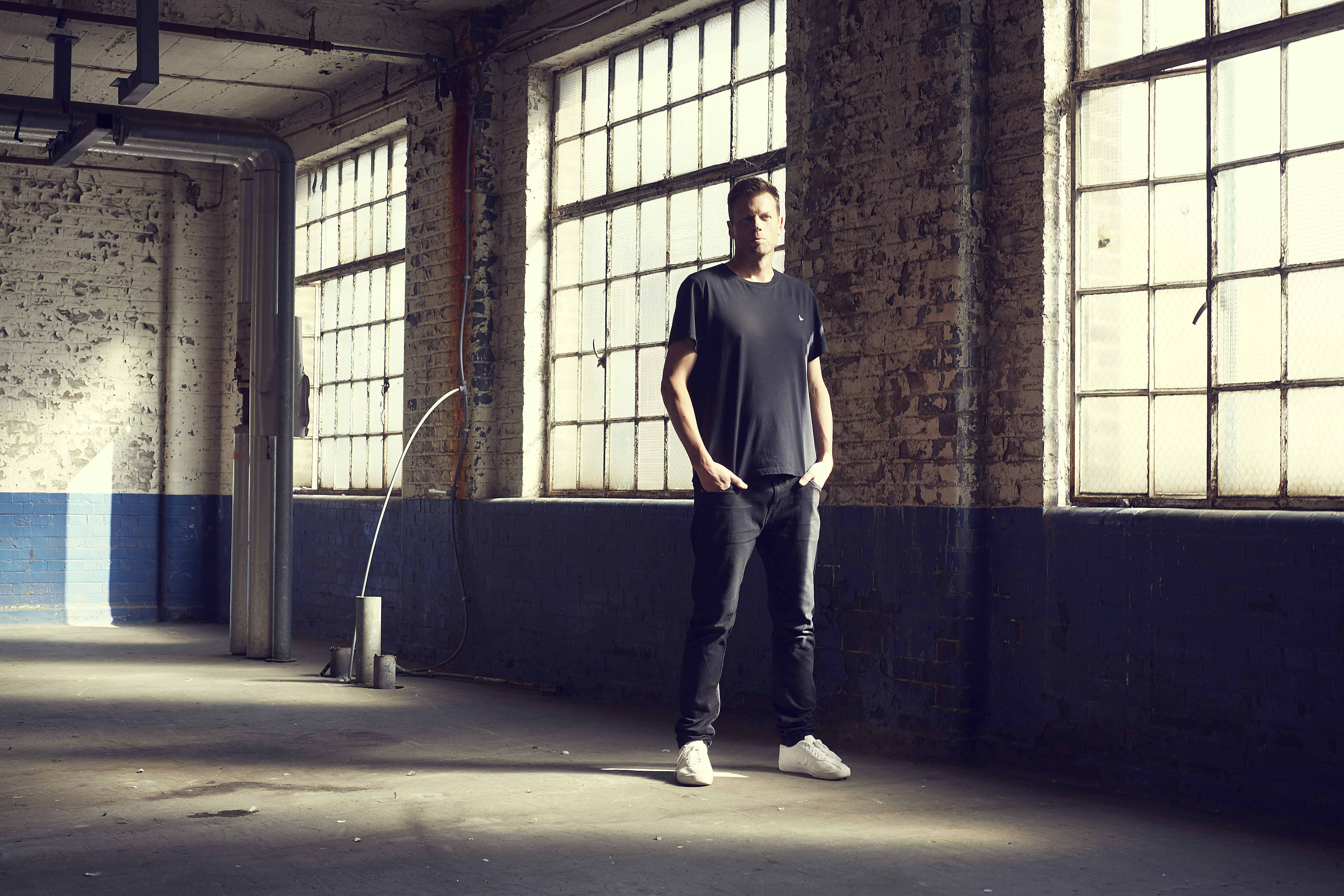

Why do you think more people don’t approach production this way?
Probably because it costs money! I’m in a very privileged position that I have a label that can give me a budget to do this and to release it when I want. I also don’t need every record to make back the money I spent on the vocals! This set up allows me to experiment with this process and take chances that I’m not sure other labels would take.
The first single from your album with David Penn ‘Hallelujah’ certainly has that classic house, Ibiza sound – do you find that after making records for so long your productions gravitate towards a certain style or are you comfortable trying new things?
Thanks, I love David’s sound and I think we made a record that mixes our two styles perfectly.
This is a hard question for me to answer because I think I’m happy trying new things and I think my records are quite varied (within house and techno) but other people might think they don’t and they all sound similar or like me! Also, I find it hard with dance music to do things that are too new. I’m always checking out what RA etc are raving about, but I often find that a lot of those artists – while cool – don’t necessarily entertain people on mass. These days that’s what I’m mainly interested in, creating moments that make dance floors go mad!
The second single is a cover of Whitney Houston’s ‘Million Dollar Bill’ – How did you go about choosing the tracks you wanted to cover?
This one was dead easy. I love the Frankie Knuckles mix but I find that it’s not easy to play out in a house set. I’ve not changed much of the arrangement or music from Frankie’s version, just beefed up the bass and drums so that it mixes with current house records.
In general though the process is as I described above. It’s all about finding those tracks from the past that could do with a refresh for today’s dance floors.
Looking away from dance music for a moment, there are plenty of famous cover songs which (some might argue!) are better than the original – do you have any favourites that stand out for any reason?
Yeah there are loads of good ones! Here are some of my favourites.
“Respect” – Aretha Franklin. Originally performed by Otis Redding.
“Nothing Compares 2 U” – Sinéad O’Connor. Originally performed by The Family.
“Papa Was a Rolling Stone” – The Temptations. Originally performed by The Undisputed Truth.
“Tainted Love” – Soft Cell. Originally performed by Gloria Jones.
“I Fought the Law” – The Clash. Originally performed by Bobby Fuller Four.
“I Feel for You” – Chaka Khan. Originally performed by Prince.
“Killing Me Softly With His Song” – The Fugees. Originally performed by Lori Lieberman.
“China Girl” – David Bowie. Originally performed by Iggy Pop.
“I Didn’t Mean To Turn You On” – Robert Palmer. Originally performed by Cherrelle.
“The First Time Ever I Saw Your Face” – Roberta Flack. Originally performed by Peggy Seeger.
“Jealous Guy” – Roxy Music. Originally performed by John Lennon.
And finally, the album’s obviously a highlight this year for yourself and Glasgow Underground, but are there any other releases or events people should keep an eye out for?
Joshwa, Sam Dexter and Midnight City are three young artists I’m excited about on GU, look out for their new ones! I always love playing at Mick’s Garage in Hackney Wick. The next party is the 21st September and it’s my album launch party. After that look out for our ADE party in Amsterdam in October.


